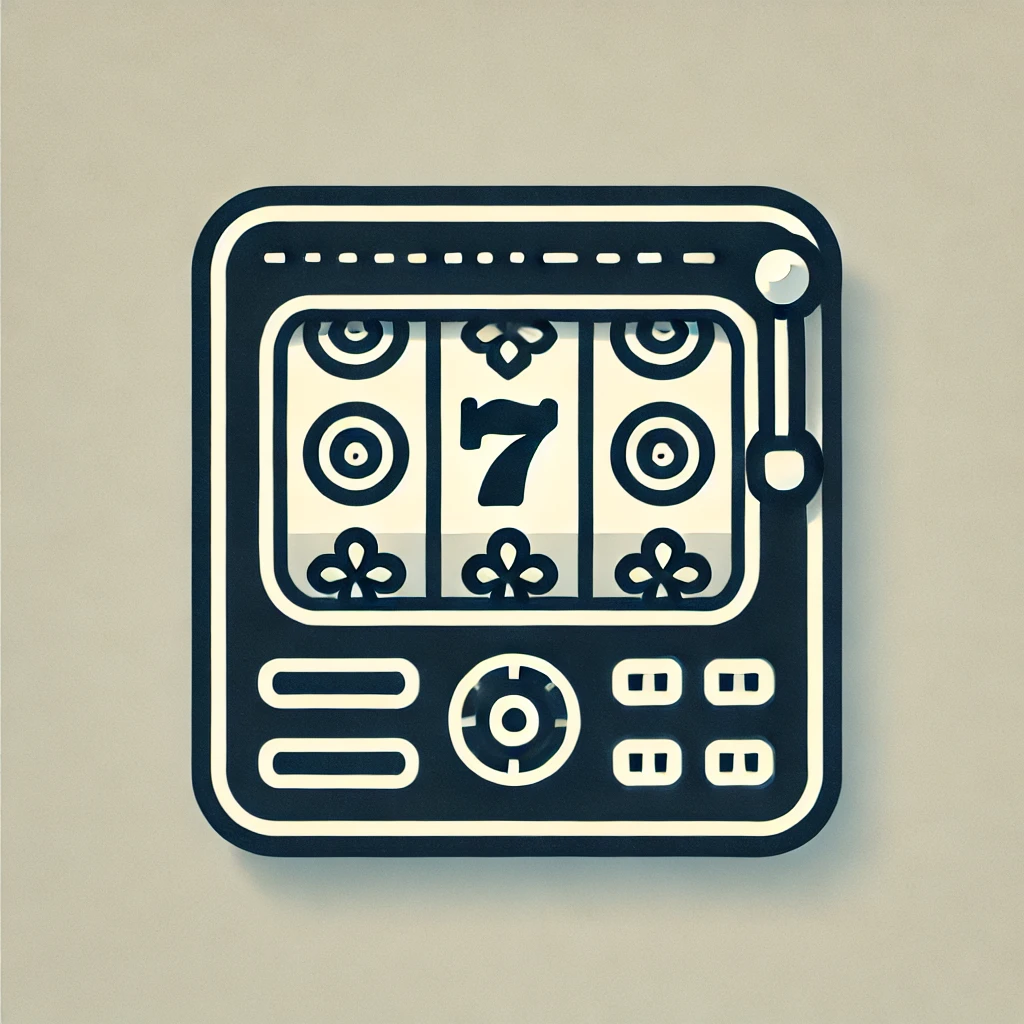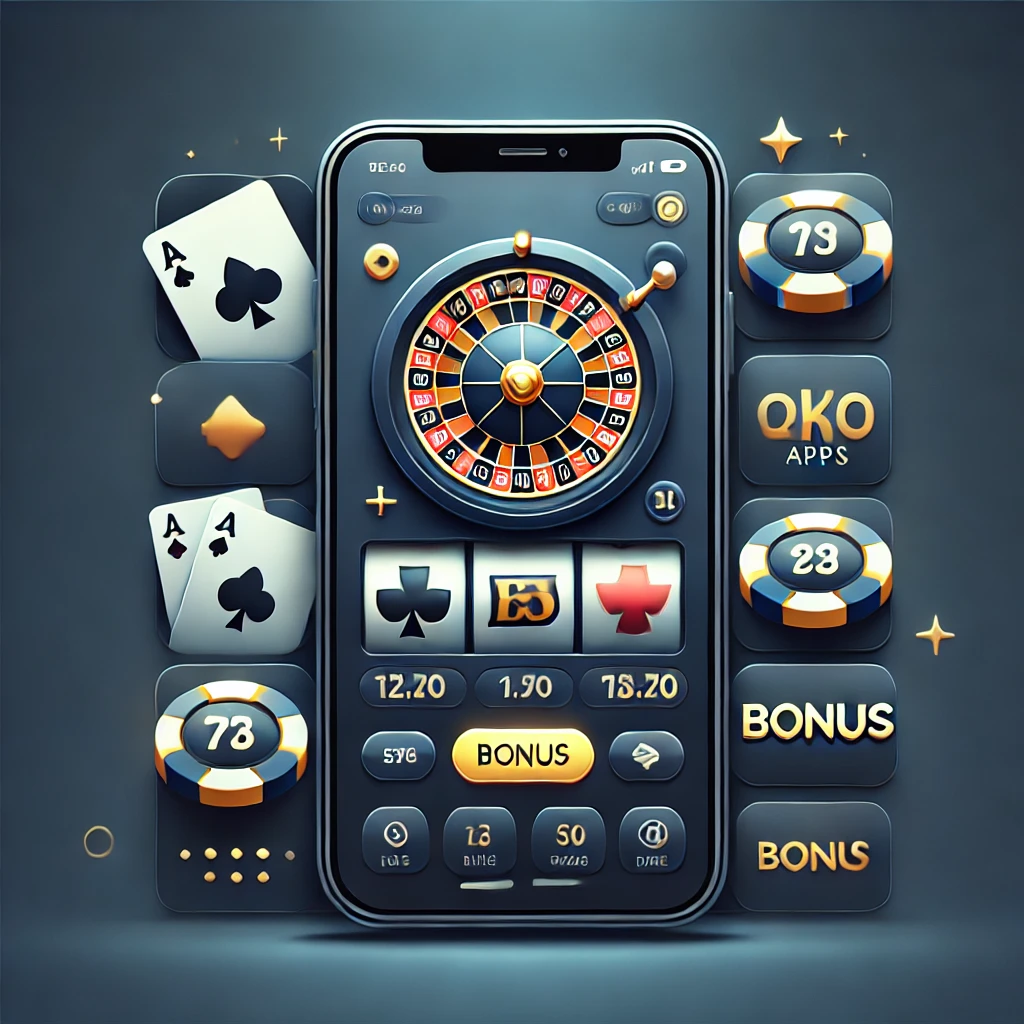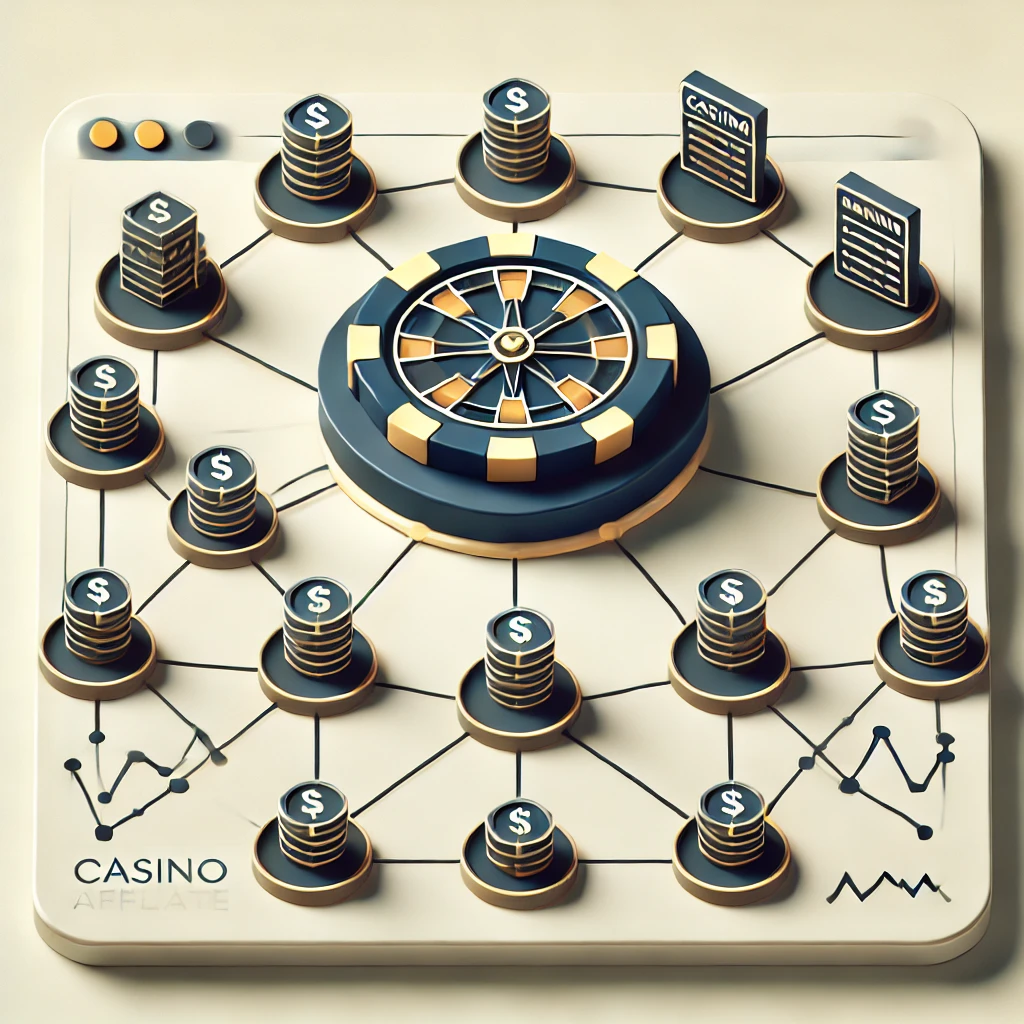RNG & RTP Online Casino Slots

Introduction
Online slot machines are among the most popular games in the casino industry. However, to make informed decisions, players need to understand the key concepts that influence their chances of winning. Two crucial factors in online slots are Random Number Generators (RNGs) and Return to Player (RTP) percentages. In this article, we’ll break down what these terms mean, how they impact gameplay, and what players should look for when choosing an online slot game.
What is RNG (Random Number Generator)?
Introduction
Online slot machines are a favorite among casino players due to their simplicity and excitement. However, understanding slot volatility is crucial for choosing the right game based on your risk tolerance and playing style. This article will explain what slot volatility is, how it affects gameplay, and how players can use it to their advantage.
What is Slot Volatility?
Slot volatility, also known as variance, refers to the level of risk and reward associated with a particular slot game. It determines the frequency and size of payouts a player can expect while playing. Slot volatility is typically classified into three categories:
Low Volatility Slots – Frequent but smaller wins.
Medium Volatility Slots – A balance between frequent wins and higher payouts.
High Volatility Slots – Rare but significant payouts.
Low Volatility Slots
Low volatility slots provide frequent but smaller payouts, making them ideal for players who prefer steady gameplay and extended playtime.
Key Features:
Regular wins, though typically smaller amounts.
Lower risk, suitable for casual players and those with smaller bankrolls.
Popular examples include Starburst and Blood Suckers by NetEnt.
Medium Volatility Slots
Medium volatility slots offer a mix of frequent small wins and occasional large payouts, appealing to players who enjoy balanced risk and reward.
Key Features:
A blend of low and high volatility elements.
Moderate-sized wins with decent frequency.
Suitable for players looking for an exciting yet stable experience.
Examples include Gonzo’s Quest and Thunderstruck II.
High Volatility Slots
High volatility slots provide the potential for massive wins but with infrequent payouts. These games are best for risk-tolerant players who are willing to endure long losing streaks for the chance of hitting a significant jackpot.
Key Features:
Large payouts but less frequent wins.
Requires a larger bankroll and patience.
Best for high-rollers or those chasing big jackpots.
Popular examples include Book of Dead and Dead or Alive 2.
How to Choose the Right Slot Volatility for You
Selecting a slot based on volatility depends on your gambling style and budget:
If you prefer steady gameplay and minimal risk, opt for low volatility slots.
If you want a mix of risk and reward, go for medium volatility slots.
If you enjoy high-risk, high-reward scenarios, choose high volatility slots.
Conclusion
Understanding slot volatility can enhance your gaming experience by helping you choose the best slots for your preferences. Whether you favor frequent small wins or enjoy the thrill of chasing big jackpots, knowing the volatility level allows for better bankroll management and a more enjoyable casino experience. Always play responsibly and have fun exploring different slot games!
A Random Number Generator (RNG) is a sophisticated algorithm used by online casino software to generate random outcomes for each spin. This technology ensures that every spin is independent of previous results, making it impossible to predict or manipulate the game.
How Does RNG Work?
Continuous Number Generation – The RNG runs 24/7, generating thousands of numbers per second, even when no one is playing.
Algorithm-Based Randomization – It uses complex algorithms to ensure unpredictability.
Fairness & Regulation – Reputable online casinos use RNGs that are audited by independent testing agencies like eCOGRA, iTech Labs, or GLI to ensure fair play.
What is RTP (Return to Player)?
The Return to Player (RTP) percentage represents the theoretical payout rate of a slot machine over an extended period. Expressed as a percentage, it indicates how much of the total wagered money is expected to be returned to players.
How is RTP Calculated?
For example, if a slot game has an RTP of 96%, it means that, on average, the game will return $96 for every $100 wagered. However, this does not mean individual players will always experience this return; rather, it reflects a long-term statistical average.
The Relationship Between RNG and RTP
RNG and RTP work together to create a fair and enjoyable gaming experience:
RNG determines the randomness of each spin, ensuring no predictable patterns.
RTP provides a statistical average of the game's payout potential over time.
Volatility influences short-term wins – While RTP is a long-term measure, volatility determines how frequently and how much a slot pays out.
How to Choose the Best Online Slots Using RNG and RTP
If you want to maximize your chances of winning, consider the following:
Check the RTP Percentage – Look for slots with an RTP of 96% or higher.
Understand Volatility – Low-volatility slots pay smaller but frequent wins, while high-volatility slots have bigger payouts but less frequent wins.
Play at Licensed Casinos – Always choose online casinos that are regulated and have certified RNGs.
Look for Independent Audits – Check if the casino has been tested by organizations like eCOGRA or iTech Labs.
Conclusion
Understanding RNG and RTP can help players make more informed decisions when playing online slots. RNG ensures fairness, while RTP provides insight into a game’s payout potential. By selecting games with high RTP, understanding volatility, and playing at reputable casinos, players can enhance their online gaming experience. Always gamble responsibly and enjoy the thrill of the game!


